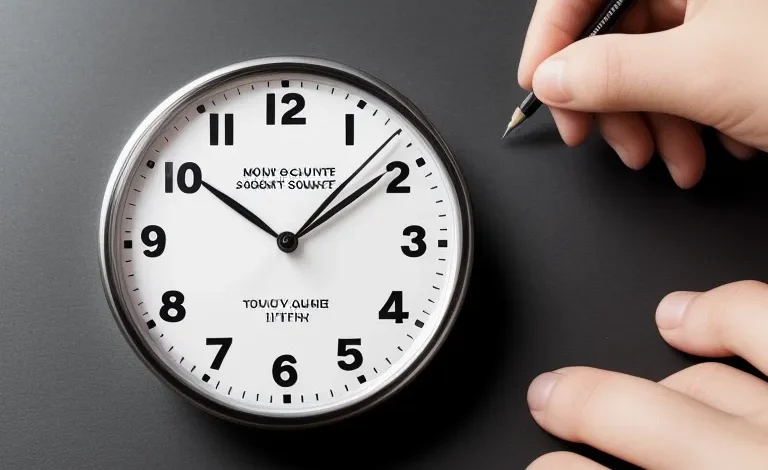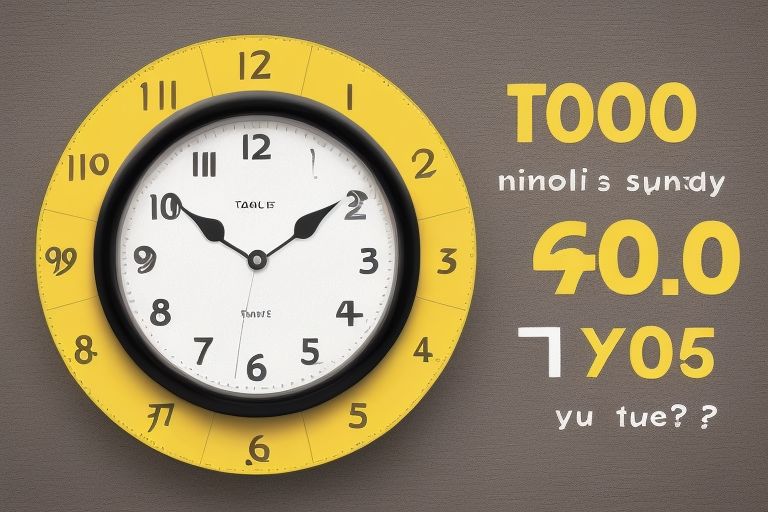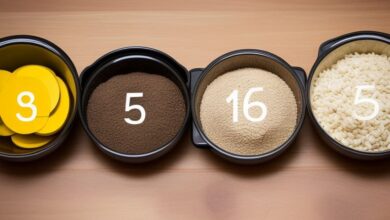How Many Seconds in a Day A Simple Breakdown

Have you ever wondered how many seconds in a day It’s a simple question, but understanding the answer can help you realize just how much time we have in one full day. A day consists of 24 hours, and each hour has 60 minutes. Each minute contains 60 seconds, which leads us to an important realization.
So, let’s do the math and find out how many seconds in a day exactly. By calculating this, you’ll not only know the total seconds but also get a clearer sense of time management and the value of each passing second!
Have you ever wondered how many seconds in a day? It seems like a simple question, but it’s a great way to think about how much time we have every day. Every day consists of 24 hours, and we know that each hour is made up of 60 minutes. Now, if you really want to know how many seconds in a day, you need to do a little math. Don’t worry, it’s easy!
To find out how many seconds in a day, you can multiply the number of hours in a day (24 hours) by the number of minutes in an hour (60 minutes), and then multiply that by the number of seconds in a minute (60 seconds). So, the total number of seconds in one day is 86,400 seconds! This gives you a full picture of how time is divided into tiny seconds, all working together to make up the full day.
Table of Contents
Breaking Down Time: How Many Seconds in a Day and Why It Matters

It’s fascinating to think about how many seconds in a day, but why does it matter? Understanding the number of seconds in each day can help you appreciate the time you have. Think about it—if you had 86,400 seconds each day, what would you do with all of that time?
The importance of this number isn’t just in math. It’s about managing your time better. You can use those seconds wisely to do more of the things that matter most to you. Whether it’s spending time with family, working on a project, or simply relaxing, knowing how much time you have can help you focus and use it wisely.
The Secret to Time: How Many Seconds in a Day Can Teach You More
How many seconds in a day also reminds us about the value of time. Time passes quickly, and when you break it down into smaller parts, it can feel even faster. Each second is a tiny piece of your life, and it’s important to remember that every second counts.
If you start paying attention to those little moments, you might find that you are able to do more in a day than you think. This understanding helps you realize that time is valuable, and each second spent doing something positive can make a huge difference.
From Hours to Seconds: How Many Seconds in a Day and Beyond
Now that we know how many seconds in a day, you might wonder how this information can help beyond just knowing the number. Time is everywhere, and how we use it impacts our lives. For example, think about how often we say, “I don’t have enough time!” But if we take a moment to break down the 86,400 seconds, we see that time is actually there, waiting to be used.
If you organize your day well, you can find those little windows of time that often go unnoticed. You might not have enough time for big tasks, but every little second adds up. The key is to use each second in the best possible way.
How Many Seconds in a Day Discover the Hidden Power of Time
When you really stop and think about how many seconds in a day, you can uncover the hidden power of time. These seconds may feel small on their own, but together they form the foundation of your day. It’s like having a treasure chest full of small pieces of gold. Each second is a tiny opportunity to do something meaningful, and you don’t want to waste it.
Think about your daily routine and how you can make the most of each second. Even small actions can have big results when you use your time wisely. Whether it’s learning something new or simply taking a deep breath to relax, you have 86,400 seconds to work with every single day.
How Many Seconds in a Day and How to Use Every Moment Wisely
Understanding how many seconds in a day is just the start. The real challenge is figuring out how to use that time in the best way possible. Start by thinking about your goals for the day. Do you want to be more productive? Are you trying to spend more time with loved ones? Having clear goals can help you make better choices about how you use your time.
Prioritize Your Time
The first step in using your seconds wisely is to prioritize. Think about what matters most to you, and make sure you spend time on those things first. When you know how to focus on your priorities, you’ll feel like you have more time because you’re doing what’s important.
Small Changes Make a Big Impact
Even small changes in how you use your time can add up to big results. For example, you could try waking up 10 minutes earlier each day to read or exercise. These little habits can make a big difference in how much you get done throughout the day.
How Many Seconds in a Day: A Fun Way to Master Time Management

Mastering time management starts with understanding how many seconds in a day you have. It may sound like a lot, but each day is a chance to get better at managing your time. By planning ahead, setting goals, and staying organized, you can start using your seconds in the most productive way.
It’s not about having a strict schedule but finding a balance that works for you. Whether you’re balancing work, family, or personal time, time management helps you make the most of the 86,400 seconds you have each day.
What Does Knowing How Many Seconds in a Day Mean for You
So, what does it all mean for you? Knowing how many seconds in a day can be a game-changer. It’s not just about the number—it’s about the way you use your time. When you understand how many seconds you have, you become more aware of the choices you make.
The more you understand time, the better you can plan your day, focus on your priorities, and use each moment to live a fulfilling life. Start by paying attention to your time and see how powerful each second can be!
How to Make Each Second Count in Your Day

To make the most out of your 86,400 seconds, it’s important to plan your day ahead. Start by setting clear goals for what you want to achieve. Break your tasks into smaller steps, and focus on finishing one thing at a time. Don’t forget to take breaks and relax too! Remember, balancing work and play can help you enjoy each second to the fullest and lead a happier, more productive life.
Conclusion:
In conclusion, knowing how many seconds in a day helps you realize just how precious time is. Each day has 86,400 seconds, and it’s up to you how you use them. Whether you spend your time working, relaxing, or hanging out with family, it all adds up. By paying attention to how you spend your time, you can make the most of every second.
So, next time you think about time, remember that each second counts! Using those 86,400 seconds wisely can help you achieve your goals and enjoy the moments that matter most. Time is a treasure, and with a little planning, you can make every second count for something special.
FAQs:
Q: How many seconds are in a day?
A: There are 86,400 seconds in a day. That’s because there are 24 hours in a day, and each hour has 60 minutes, with each minute containing 60 seconds.
Q: Why should I care about how many seconds are in a day?
A: Understanding how many seconds are in a day helps you appreciate your time and use it wisely. Knowing the number of seconds can motivate you to focus on what’s important.
Q: Can I really use every second of the day?
A: While it’s not always possible to use every second perfectly, being mindful of how you spend your time helps you get more done and enjoy life better.
Q: How do I make the most of my 86,400 seconds?
A: Plan your day by focusing on important tasks, setting goals, and prioritizing your time. Even small changes can make a big difference in how you use your seconds.
Q: Does every second really matter?
A: Yes, every second counts! Small actions throughout the day can add up and make a big impact on your life, helping you be more productive and happy.




